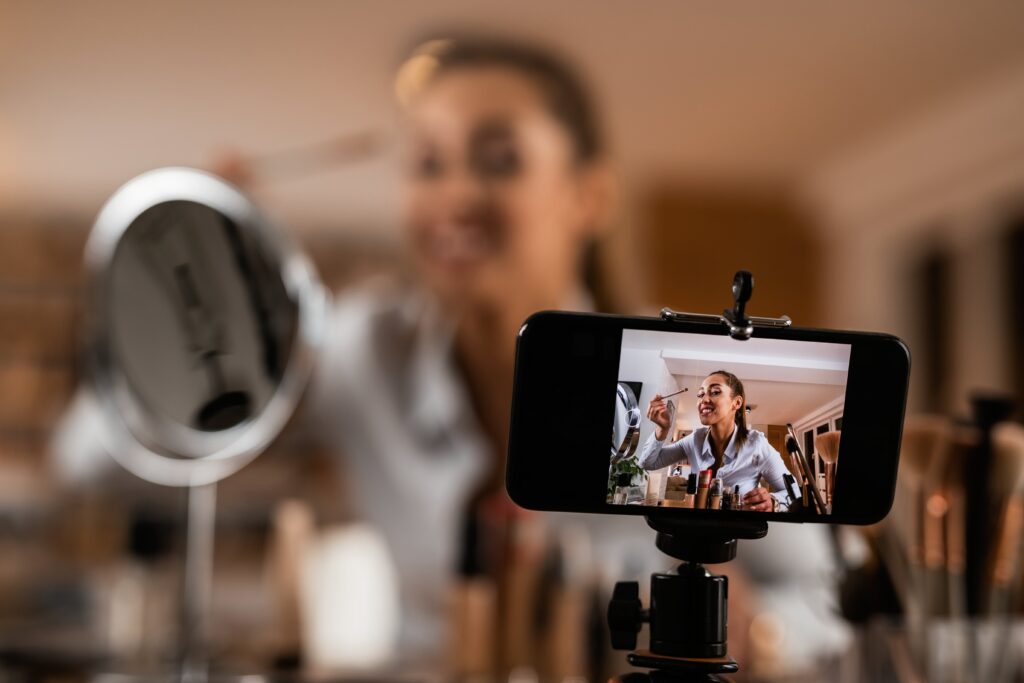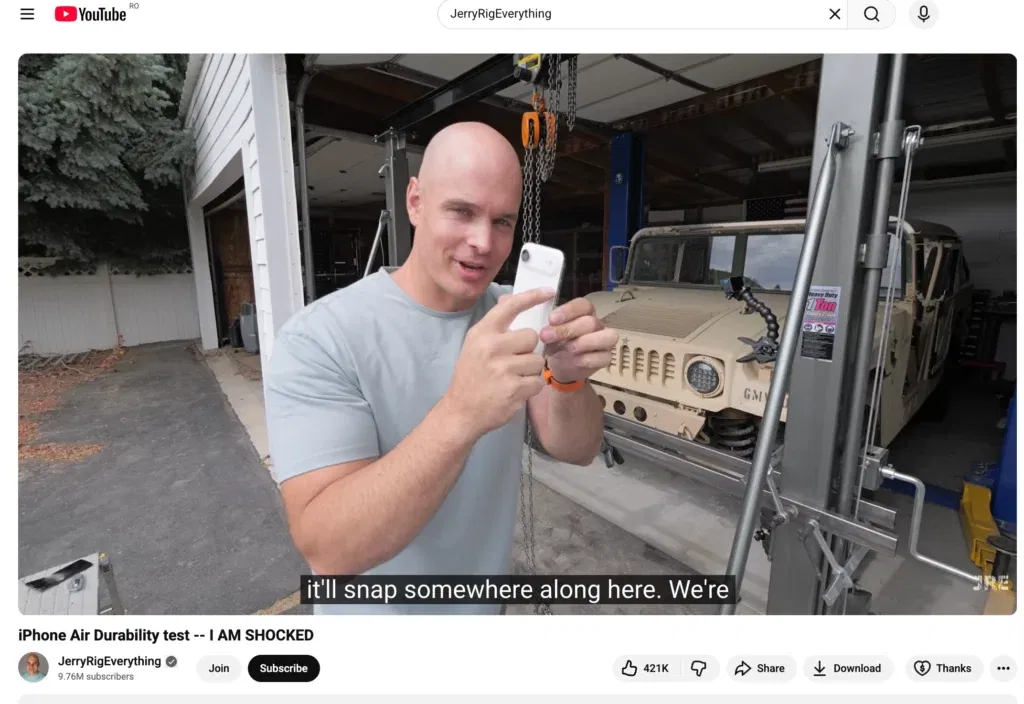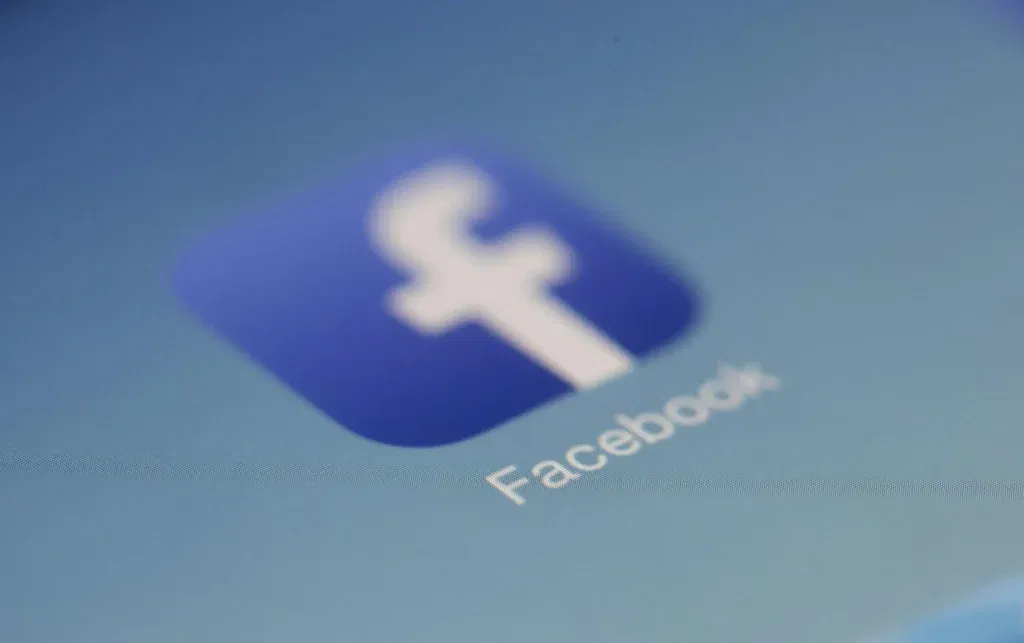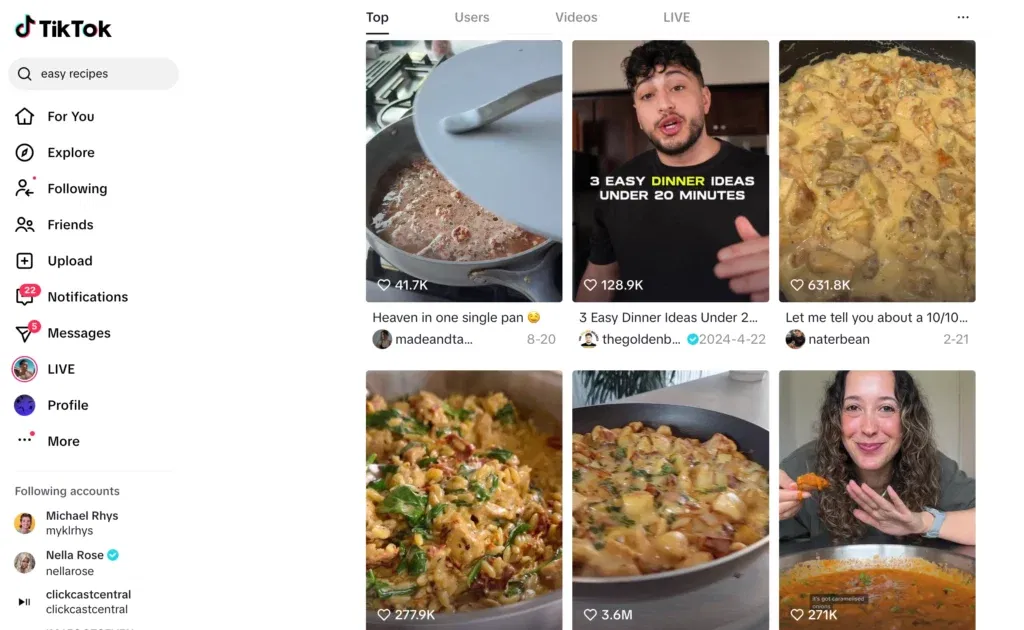Table of Contents
Brand Ambassador vs Influencer: Key Points
- A brand ambassador is someone who loves your brand and reps it with no monetary compensation but receives other incentives, like free products.
- An influencer collaborates with your brand for a limited-time campaign.
- Using both forms of marketing can benefit you in different ways.
About 60% of Gen Z consumers report that influencers are the reason they discover new brands and products. You’d be hard-pressed to find anyone who does not recognize the value that influencers bring to the promotional table, yet they also get their fair share of criticism.
Increasingly, I see companies swapping influencers with brand ambassadors. The need for long-term relationships as opposed to a one-off social media post is the most common argument I hear from them.
And while, yes, brand ambassadors do typically form more long-term relationships with brands, I wouldn’t dismiss working with influencers just yet.
Below, I’ll break down the difference between what a brand ambassador vs influencer does, how you can make use of their different strengths, and what you need to succeed in your brand partnerships.
What Does a Brand Ambassador Do?
A brand ambassador is someone who has a close-knit relationship with your brand and leverages any influence they have on social media (or their overall social circle) to let people know about it.
Your brand ambassador will ideally be someone who already uses and loves your brand, even if they’re someone with a small to medium following.
Brand ambassadors usually have a long-term relationship with the brand they’re promoting, extending for at least a year. During that time, they will create online content on social media platforms or blogs, like posts, videos, and interactive polls, that builds brand awareness and showcases your product or service in the best light.
You can expect a brand ambassador to make offline appearances on behalf of your brand. Conventions, expos, and other gatherings where your brand might be featured in a booth could be a fantastic opportunity to get your brand to have a “real-life” spokesperson in the form of a brand ambassador.
Most importantly, your collaboration with them could have other means of compensation than money. Free products, discount codes, and merchandise are all acceptable means of paying your brand ambassadors for their time and trouble.
For example, the online clothing retail giant Boohoo pays their brand ambassadors in gift vouchers, and this seems to do pretty well with their target demographic of fashion-centered creators!
What Does an Influencer Do?
Social media influencers are a diverse group of content creators. They usually have a niche and a specific target audience, depending on the kind of content they create.
From lifestyle, sport, and parenting, to hyper-specific food and diet influencers, your brand can find collaboration with one or more of them pretty lucrative.
Types of Influencers

Influencers have widely varying degrees of reach and, well, influence.
Here’s how I would classify them:
- Celebrities: Usually have a claim to fame outside of social media with multiple million followers. Their level of engagement with followers is usually low. Think George Clooney and Nespresso.
- Mega influencers: The highest tier within any specific niche. They have a wide reach of multiple million followers but can also engage with their followers, even if not personally. This is usually done through a social media team that handles these interactions.
- Macro influencers: The following tier within a niche, with a following of 100k up to 1 million followers. They can be considered well-known within their niche but are usually obscure outside of it.
- Micro influencers: They have a relatively smaller following of 10k up to 100k.
- Nano influencers: These usually have a few thousand followers but boast the highest levels of engagement with their audience.
An influencer usually uses their platform to share content relevant to their niche and, subsequently, highlights products and services their target audience might be interested in. For example, a beauty-focused influencer reviews new makeup products and shares “looks” created using them.
This makes influencer programs a super effective marketing strategy to directly address the audience your brand needs to reach. Even though these campaigns are usually short-lived, they can boost sales for specific merchandise drops or increase engagement when you need them to.
Since the FTC banned non-compete agreements in May of 2024, there’s a chance the influencer can (and will) promote one of your competitors if they’re incentivized. This is an issue you don’t run into with brand ambassador programs, as the ambassadors gain more from an exclusive, long-term collaboration that benefits both sides.
Brand Ambassador vs Influencer: Key Differences
| Factor | Influencer | Brand Ambassador |
| Relationship | Usually short-term, campaign-specific engagements | Long-term, ongoing commitment to the brand |
| Selection criteria | Niche-specific, often no previous relationship with the brand | Preferably someone who uses your brand and loves it |
| Promotion style | Online only, using your product/service and showing their audience its perks | Online and/or offline, increasing brand awareness through word of mouth |
| Compensation | They usually expect monetary compensation (to be paid upfront), though some collaborations could include commissions on sales, free products, discounts, or merch | They usually require incentives like free products, discount codes, or merch, and even a sponsorship fee or payment. |
| Disclosure | Have to directly disclose their relationship with your brand | Have to directly disclose their relationship with your brand |
| Competition | An influencer could promote competing brands after the campaign is done | Ambassador marketing is usually long-term and more likely to involve exclusivity. |
Strategies for Effective Collaboration
Here are some tips I recommend for working with influencers and brand ambassadors:
For Brand Ambassadors
Choose Someone Who Loves Your Brand
Choosing brand ambassadors who already know and love your product or service gets you over halfway there, as they know what to say to make your brand look good.
Knowing whether there’s user-generated content out there that mentions your brand positively is easier than ever, too. You can use brand mention/social listening tools such as Sprout Social, BrandMentions, BuzzSumo, or the classic HootSuite.
Create Better Incentives
Most brand ambassadors don’t need to be paid to represent your brand, especially if they’ve been doing it out of their own volition before you pop into the picture.
I personally think being generous with the incentives you offer helps you create a rewarding environment for your collaboration, making them more willing to continue with it in the long run. Also, it could incentivize others to join your ambassadorship program!
Be Involved in the Process
Once you finalize the agreement, a brand ambassador will usually take over with the kind of content they usually make, requiring your sign-off only when necessary. But if you’re a smaller brand and you have the means to be more involved in formulating the content they share, go for it.
For Influencers
Pick Your Collaborator According to Brand Values
You might know the general audience you’re aiming for, but you need to pinpoint how you can reach them effectively and without creating too much negativity.
Not all influencers are the right fit for your brand, even if they’re within the same niche you’re targeting. Collaborating with someone who doesn’t represent your brand’s values or has too much controversy surrounding them can do more harm than good.
For instance, when working with a food brand, I wouldn’t suggest collaborating with an influencer who has a history of problematic diet tips. This can cast an unflattering light on your brand’s values and make people less likely to engage positively with it.
Use Influencer Marketing Tools
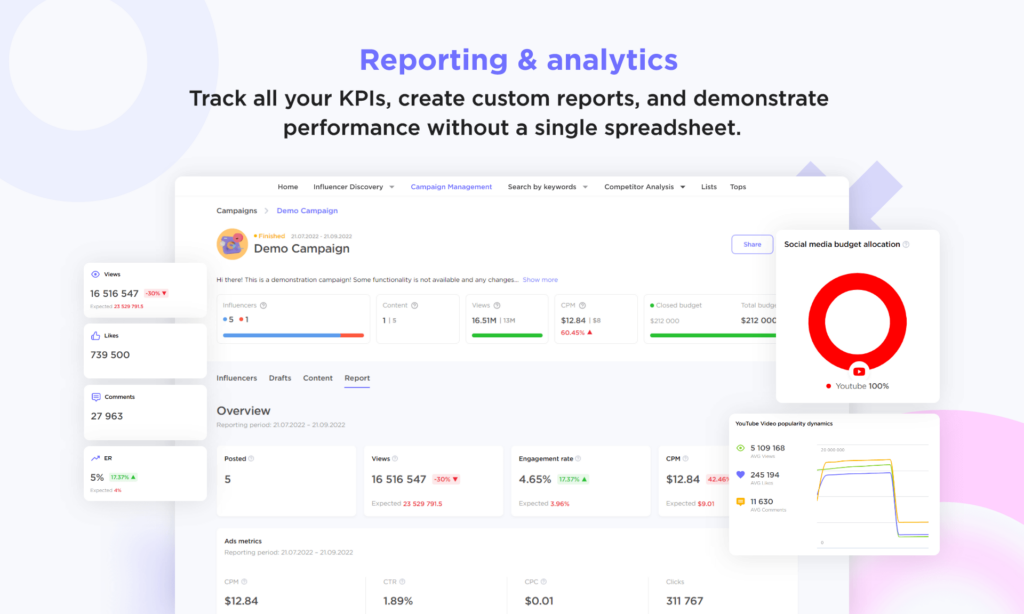
Using influencer marketing tools can help you gauge the efficacy of your campaign and whether you should invest more in your collaboration with a certain influencer or not. Use MODASH, SemRush Influencer Analytics, or Upfluence to measure metrics like CTR, fraudulent activity (fake followers), and engagement.
Legal and Ethical Considerations
For a fruitful collaboration, I found that there are a few legal and ethical aspects worth clearing up at the very beginning. These include:
- Disclosure: Your collaborators must fully disclose the nature of your partnership to avoid legal action against the brand ambassador or influencer.
- Scope of Work: You should be clear about what the agreement entitles you to “control” about the influencer’s content promoting your brand.
- Term: This clarifies how long the agreement stands.
- Compensation: This outlines what the ambassador or influencer receives in exchange for their services.
- Exclusivity: This delineates how long the influencer should exclusively promote your product. Unlike a non-compete that extends beyond your collaboration, exclusivity can be a clause within the agreement, tied to an NDA, or within the period of your contract.
- Grounds for Contract Termination: This clause pinpoints specific instances that lead to contract termination without further compensation. It’s better to include every scenario that can lead to this outcome to avoid litigation for breach of contract.
The Takeaway
Working with an influencer on a short-term campaign can provide value to your brand that outweighs your initial investment. However, there’s no denying that a long-term relationship with a brand ambassador with a relevant target audience is necessary for a consistent influx of conversions from their audience.
Figuring out what you need to reach your brand’s full potential could be tricky, especially if you’re reaching a new growth milestone.
Book a consultation with me so we can chat about your next steps and what your brand needs. And if you have any questions, contact Vivian Agency here.
